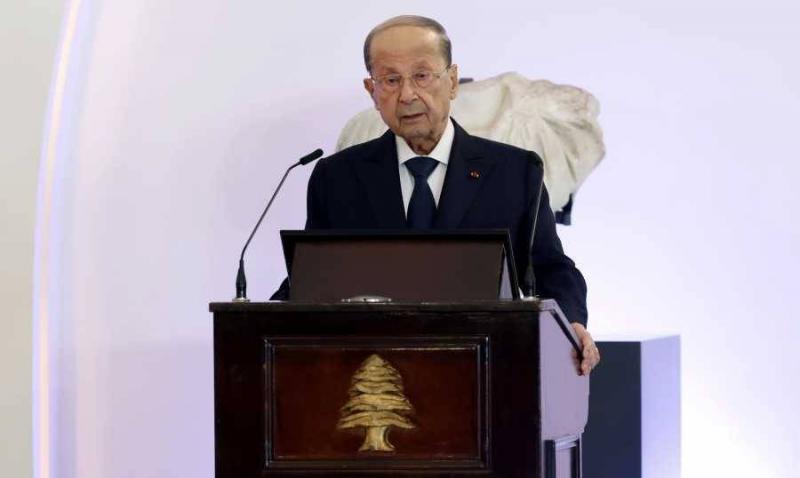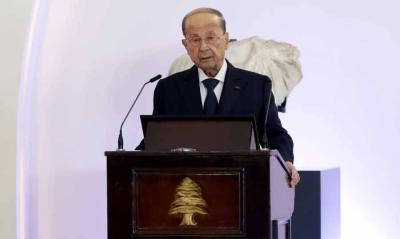The "Changing Deputies" bloc has urged the Speaker of the Parliament, Nabih Berri, to call for an urgent parliamentary session regarding border demarcation, as required by Article 52 of the Lebanese Constitution and other constitutional, legal, and international treaty provisions, including the armistice agreement that governs the internationally recognized borders, in order for MPs to take an appropriate stance as a fundamental condition for its ratification. The mentioned article states that "treaties that entail conditions related to state finances, commercial treaties, and other treaties that cannot be terminated annually, cannot be concluded except after the approval of the Parliament."
The "Changing Deputies" based their request on the "armistice agreement" between Lebanon and the Israeli entity in 1949, which was established by a resolution from the Security Council under Article 40 of Chapter Seven of the United Nations Charter. The agreement explicitly stated in Article Five that Lebanon's borders are its international borders based on the 1923 international agreement "Poli- Newcomb" between France and Britain, especially since the border demarcation was made in March 1949 and its coordinates were sent to the United Nations, thus becoming the official definition of these borders recognized internationally.
The request also referenced Lebanon's accession to the United Nations Convention on the Law of the Sea, which indicates that maritime demarcation has legal bases and technical standards that must be adopted, particularly in relation to linking maritime and terrestrial demarcation. The Vienna Convention on international treaties indicates that treaties may take various legal forms.
Furthermore, it was pointed out that constitutional articles stipulate the prohibition of relinquishing or conceding any part of Lebanese territory and that the negotiations conducted by the President of the Republic are based on Article 52 of the Constitution, which states that the President of the Republic is responsible for negotiating and concluding international treaties in agreement with the Prime Minister, and these treaties only become binding after Cabinet approval. Treaties that entail conditions related to state finances and those that cannot be revoked annually can only be concluded with the approval of the Parliament. In this case, we are dealing with concluding a treaty that necessitates the execution of this constitutional provision.
However, it seems that the political authority is not inclined to this, as the Cabinet will not convene and Lebanon will rely on a statement from President Michel Aoun. Is this procedure legal and constitutional? Constitutional law professor at the American University of Beirut, lawyer Dr. Antoine Safir, confirmed to "Al-Markazia" that the President's authority relates to negotiation, but the conclusion—meaning approval—must occur with the Prime Minister after Cabinet approval. Therefore, the matter cannot be determined without a Cabinet decision, and it is from here that the procedures and established protocols begin.
Safir notes that "the government must approve and has no other choice; as a constitutional expert, I state that there is a fundamental issue concerning the caretaker government, which fundamentally does not have the right to sign such matters and approve them, as it is not an urgent subject but one that can be postponed to a fully empowered government and also to a president who is elected and at the beginning of their term. However, it appears that matters are proceeding in a different framework. Constitutionally, there are frameworks that must be followed, which the Constitution has clearly defined." Regarding the role of the Parliament, he replies: "This agreement passes through the Cabinet and then requires the approval of the Parliament according to Article 52 of the Constitution because the agreement, no matter what it is called, is, by the terms of Article 2 of the Vienna Convention on the Law of Treaties, considered an agreement."




